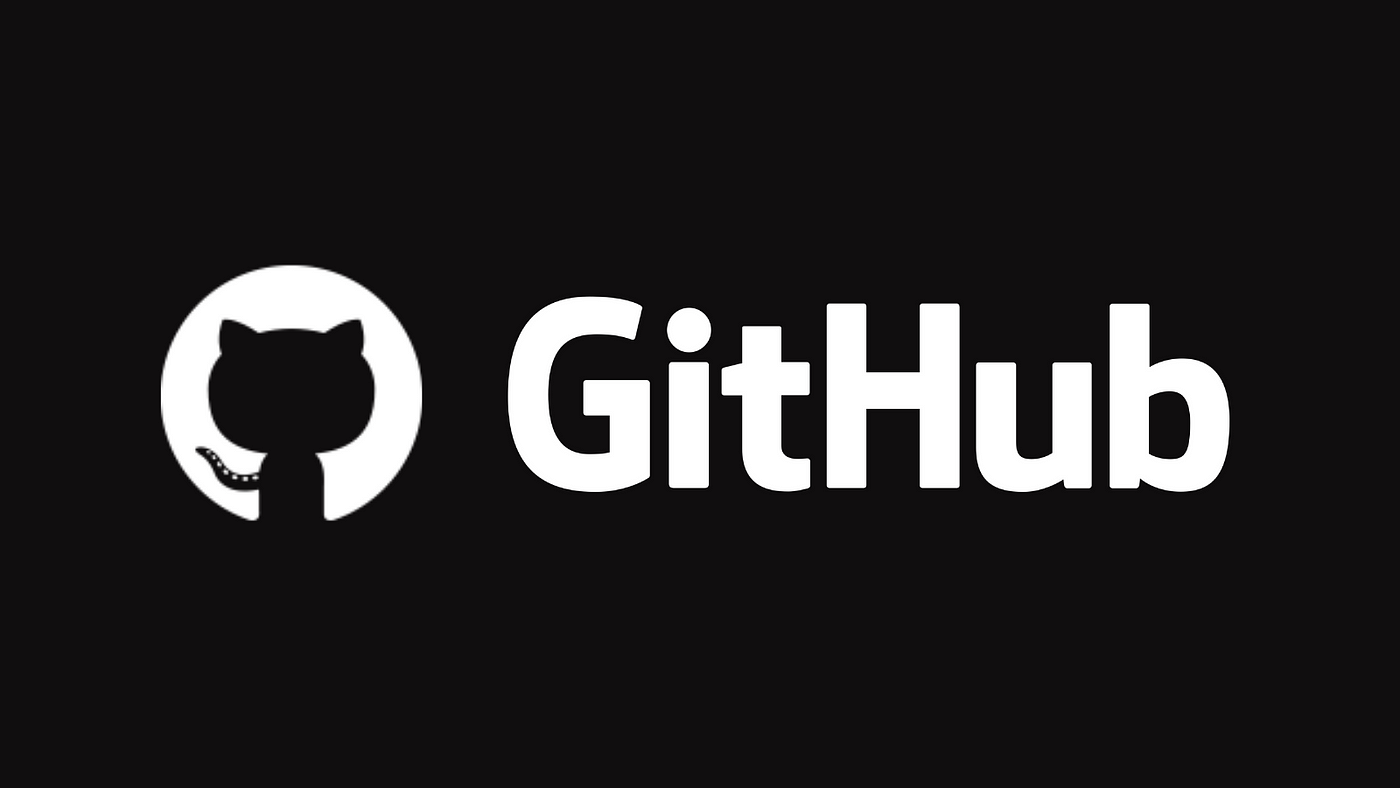Issie Lapowsky, a senior tech policy and business reporter at Protocol, did a new study using AI to look at over 2 million contributions from about 365 thousand developers on GitHub. She found that people with names that sound white may do better on the platform than people with names that sound Black.
The research was done by looking at a variety of project metrics, such as stars and forks, as well as software development activities, such as pull requests and code reviews.
New AI 2M+ 365K GitHub Lapowsky Protocol
Effects of Names That Sound White
The study found that “top performers” on GitHub were 4.5 times more likely to have white-sounding names than black-sounding names.
Top performers on the platform are those whose work got the most attention from other users by being liked or changed. They were also asked to work on projects 1.2 times more often than users with names that sound like they are from Africa.
Even when experience level, education level, and other things were taken into account, the study showed that users with white-sounding usernames were still more likely to get more engagement than those with Black-sounding usernames.
This suggests that the success of different user groups on GitHub is affected by their names.
What this means for making the tech industry more diverse
This research has a lot of implications for making the tech industry more diverse and making the workplace a place where everyone, no matter who they are or where they come from, can do well. In the past few years, many tech companies have started programmes to make them more diverse. However, these results show that we still have a long way to go before we see real change in this area.
It’s clear that these efforts must deal with unconscious bias if they are to make sure that everyone has the same chances in the tech industry, no matter what their name or background is.
Conclusion
New AI 2M+ 365K GitHub Lapowsky Protocol: This research sheds light on an important issue about diversity in the tech industry: that users with different types of names on platforms like GitHub have different levels of success, which can lead to unequal chances for some groups of people.
It also tells us a lot about how we can improve diversity and inclusion in technology by tackling unconscious bias head-on when hiring new people or training current employees.
Hopefully, this research will get more organisations to think critically about how they do things and make real steps towards making the workplace a place where everyone can do well, no matter where they come from or what they look like.






